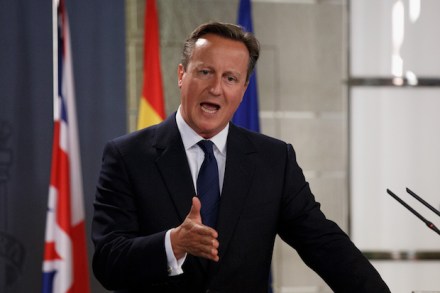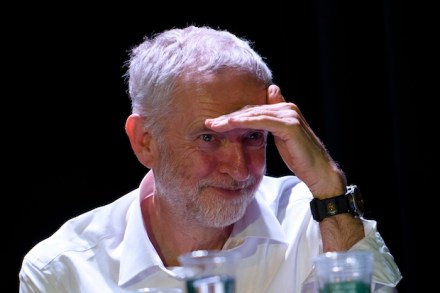Labour struggles to talk straight on Syria vote
It’s quite clear what the Tory approach to a vote on British involvement in action against Islamic State in Syria will be: the Prime Minister will set out his strategy for this later this week, warning MPs that they need to choose to be ‘Churchill not Chamberlain’. George Osborne warned this morning on Marr that a second defeat in the Commons on Syria ‘would be a publicity coup for Isil, that would send a terrible message about Britain’s role in the world’. But Labour’s position is, of course, not clear at all at present. Jeremy Corbyn’s slogan of ‘straight talking, honest politics’ sounds like an aspiration at present. Caroline Flint




















